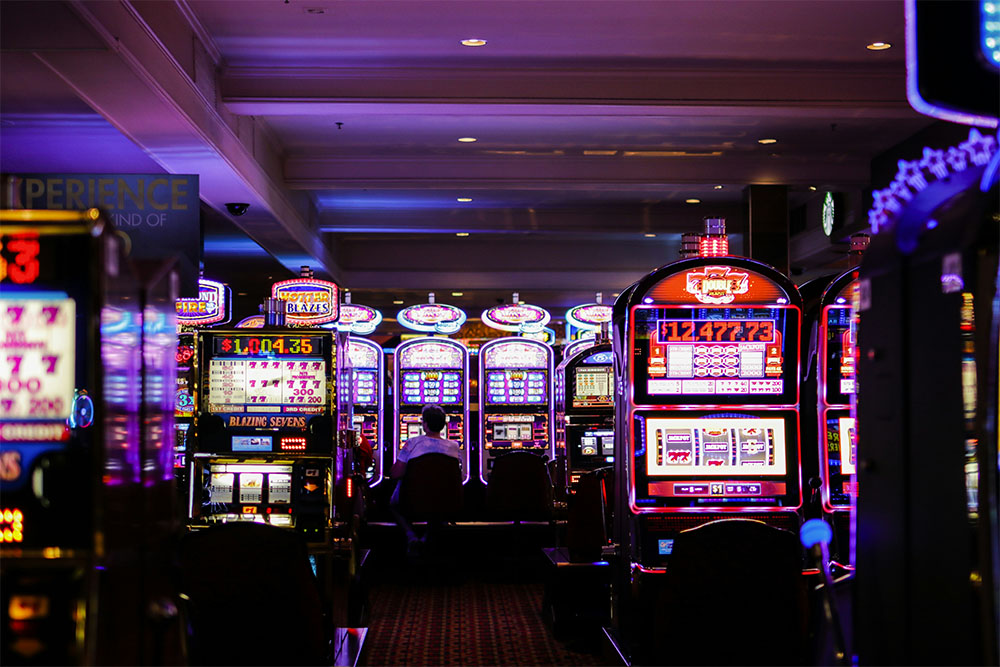Is insider trading going on in Canberra?
While federal ministers are prevented from owning shares, it’s a free for all for people with connections and influence with ministers, raising questions about whether non-public information is being used in share trading.
Sean Johnson18 July 2024

There are good reasons why ministers are not allowed to have shares or other interests in listed and private companies.
The Albanese Government’s ministerial code of conduct doesn’t quite spell it out, but a ban is a necessary because ministers make decisions, either jointly or individually, that can materially impact companies based in Australia or with substantial operations here.
Think new legislation and regulations, grants and subsidies, contracts, licences, permits, tax concessions, PBS listings, foreign investment approvals, and whether to hold inquiries into corporate misconduct. We could go on.
And ministers have access to non-public information about impending decisions, enforcement actions, and economic statistics that can affect company share prices.
It would be an unmanageable conflict of interest if ministers, with all their powers and inside knowledge, could own and trade shares in companies. This is why Howard government minister and secret share trader Santo Santoro had to walk the plank in 2007 (the then ministerial code banned trading but allowed holdings where they didn't conflict with portfolio responsibilities).
The conflict of interest would be even greater for cabinet ministers given they have collective responsibility for cabinet decisions and tend to have access to more non-public information than junior ministers.
The inner circleSo how is it OK that a minister’s immediate family and close colleagues are allowed to own and trade shares?
Although the code of conduct advises ministers to “encourage” their partners and dependent children to divest or avoid buying shares in companies “within their area of responsibility”, there is no prohibition on ministers’ families buying and selling shares as they wish.
The same for ministerial advisers and backbench MPs, who typically have regular contact with ministers and are often their factional allies and friends.
Even where holdings don’t influence ministerial decisions, they create a perception of a conflict of interest which can damage public confidence in our political system.
Like Assistant Health Minister Ged Kearney’s husband Leigh Hubbard's 36 shareholdings across various regulated and subsidised companies. It’s not a good look.
" The bigger issue is that ministers’ families and close associates can use non-public information to conduct insider trading. "
Nor are the holdings government MPs or the families have in mining stocks, the supermarket duopoly, and Endeavour, Australia’s largest pokies operator with over 12,500 addiction and money laundering devices.
The bigger issue is that ministers’ families and close associates can use non-public information to conduct insider trading. Say, partners and children might buy shares in a company after being tipped off that the government is about to award the company a multi-billion-dollar contract or grant. Or they might divest before a contract cancellation or fine.
The shareholdings of a former Morrison government minister raise red flags for us in this regard.
There’s also the potential for insiders to share non-public information with companies they have holdings in, such as information about upcoming regulatory or tax changes to give the company the jump on their competitors.
Non-government MPs and public servants?Although non-government MPs don’t have the same influence and inside knowledge as those on the Treasury benches, their shareholdings still create a perception of a conflict of interest if they speak or vote in favour of policies that support those holdings.
Take Shadow Minister for Climate Change and Energy Ted O’Brien, who has holdings in five of Australia’s 100 largest greenhouse gas emitters, along with a swag of shares in gambling companies. Many of his Coalition colleagues invest in planet destroyers and the wages of sin too.
The most influential non-government pollies at the moment are crossbench senators who share the balance of power as they have regular face time with ministers and advisers negotiating for their vote on legislation. Someone who may find themselves in this position again if we have a minority government after the next election is independent MP Bob Katter, who we recently exposed for not declaring his wife’s four properties and shareholding.
Senior officials in departments, authorities, and public corporations, statutory boards, and the ADF pose a risk if they own shares. Many don’t just have access to ministers and valuable non-public information, they have the power to make decisions themselves through awarding contracts and permits and taking enforcement actions against companies.
Exposing those who trade with non-public information is difficult-to-impossible as parliamentarians are not required to declare to the interest registers their share trading, only which companies they or their partners and dependent children invest in. Senators are even more protected from scrutiny as they don’t need to publicly disclose their family interests.
Sure, ASIC has a gee whiz insider trader busting system, but the problem is the market supervisor has shown itself to be spineless in going after the big fish, so we doubt they have the guts to pursue politically-connected people.
Australia trails the United States
The US Congress might be a political dumpster fire, but it has long been ahead of the Australian parliament in the disclosure of political share trading.
Following Watergate, Congress passed the Ethics in Government Act of 1978 requiring the President and other senior office holders, along with members of Congress and their families, to disclose more of their financial affairs, including their securities transactions annually.
This has helped expose suspicious trading, most notably during the Global Financial Crisis when several members of Congress dumped their stocks after receiving a private briefing in September 2008 from the US Treasury secretary and Federal Reserve chairman about the looming market meltdown.
One of those in the briefing sold his holdings the next day, avoiding huge losses incurred by other investors a few days later. Then Democratic senator and future secretary of state John Kerry bought bank stocks prior to the government bailout months later.
These and other scandals led to the Stop Trading on Congressional Knowledge Act (STOCK) of 2012, which bars members and their spouses from trading on material non-public information, and requires trades over $1000 to be reported within 30-45 days, rather than annually.
The changes revealed further dodgy trading, including by a member who traded health stocks while advocating legislation that would’ve benefited his holdings, and a senator who sold down his holdings in the early days of COVID after receiving a confidential government briefing about the economic impacts of the pandemic.
The trading disclosures have even spawned websites like Capitol Trades to track congressional trading and ETFs so investors can copy the trading of political insiders.
Push to ban shareholding and tradingWhile the Stock Act has increased the chances of insider trading being exposed, it obviously hasn’t stopped the practice. This, together with lax enforcement and the failure of several members to report their trades, has led to some in Congress to call for a stock trading ban, though the idea has never got legs due to opposition from the likes of former House speaker Nancy Pelosi, who’s hopelessly conflicted by her husband’s trading.
This month there has been a renewed push in the Senate for a ban with a bipartisan group proposing the Ending Trading and Holdings In Congressional Stocks (ETHICS) Act to prohibit members of Congress, their spouses, and dependent children from owning or trading shares. The only permitted investments would be listed and mutual funds or Treasury bonds.
The bill would require members to stop buying shares within 120 days of the bill’s enactment and to divest their holdings by March 2027. If a member failed to divest, they’d be hit with a fine to the value of their monthly salary or 10% of their investment assets, whichever was greater. Retiring members would be prohibited from investing in stocks for 90 days after leaving Congress.
What should Australia do?Your correspondent is not a fan of how Australian politicians mindlessly follows the United States on foreign policy and cultural wars, but we’d have no problem with our parliament aping the proposed US shareholding ban.
We can hear MPs say, ‘But there’s no evidence we're doing anything wrong.’ That’s true, but similar arguments were trotted out by politicians to oppose the establishment of anti-corruption bodies. And what always happens next? The bodies find corruption. Just look at NSW, Queensland and Western Australia.
Our proposed ban would apply to all parliamentarians, their partners and dependent children, ministerial staff, and senior officials in all public bodies and boards from owning shares or options in public or private companies, either directly or through their self-managed super funds and trusts.
In addition to public superannuation funds, investments would be allowed in broadly diversified mutual and exchange-traded funds or Australian Government bonds.
We recognise funds with significant Australian investments are not without problems because someone in government could selectively share information about looming reforms with their fund to enable it to adjust its investments in companies and industries with exposure to the changes.
Nor would the ban prevent the siblings, friends, and personal lawyers of those in government and parliament from using non-public information for their trades.
Still, it would be a step forward in reducing opportunities for people to monetise their public positions and relationships.




